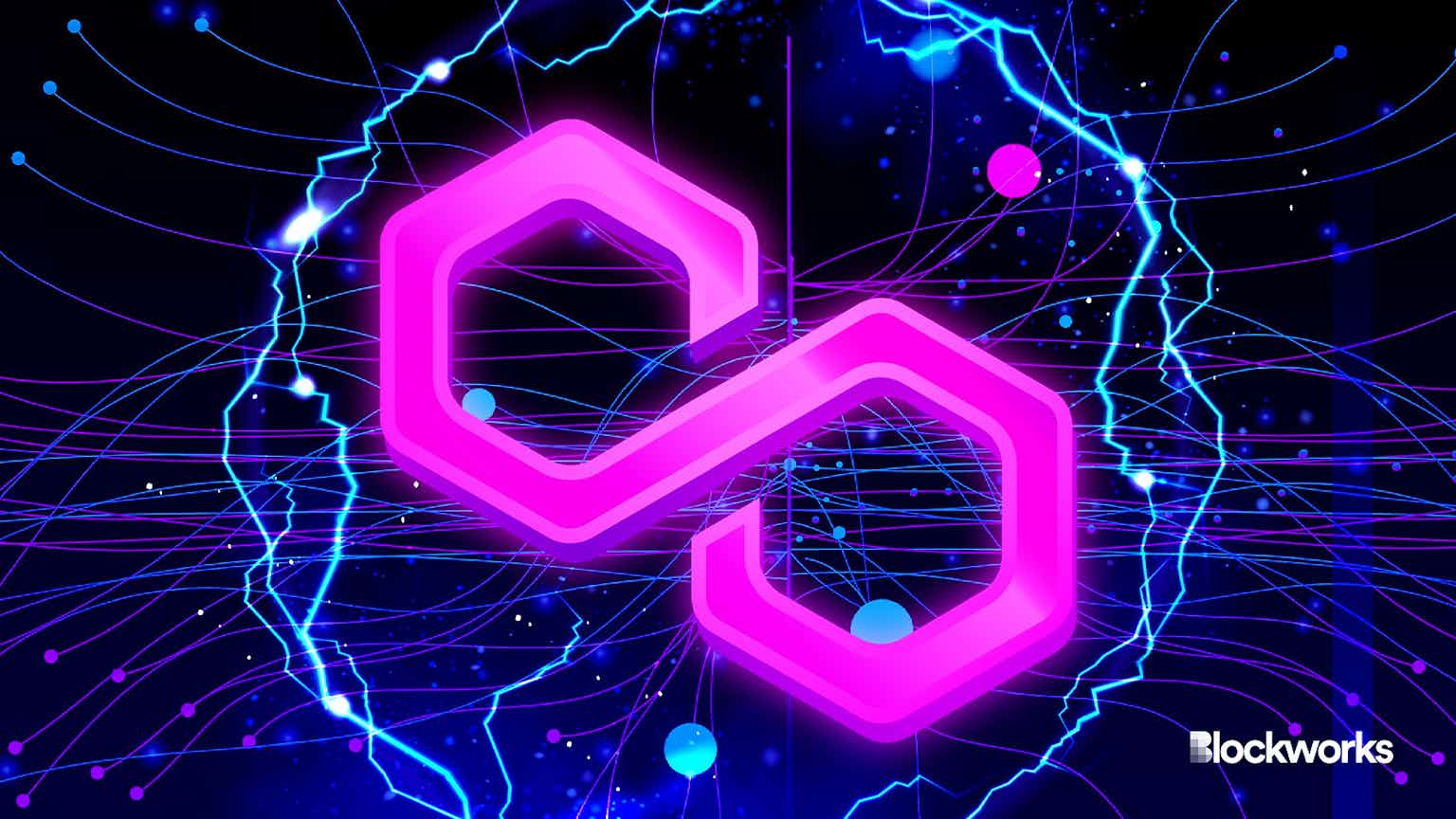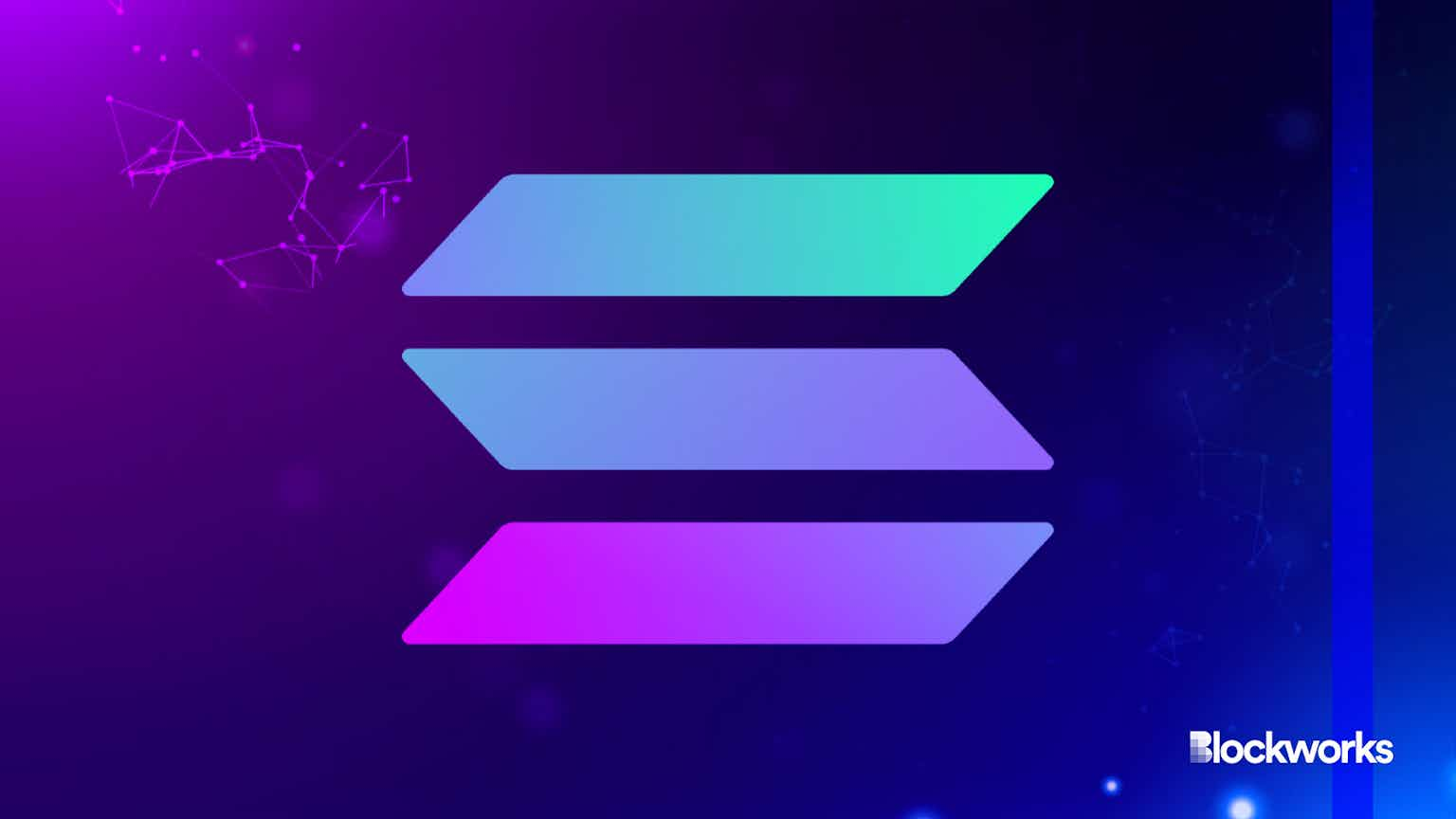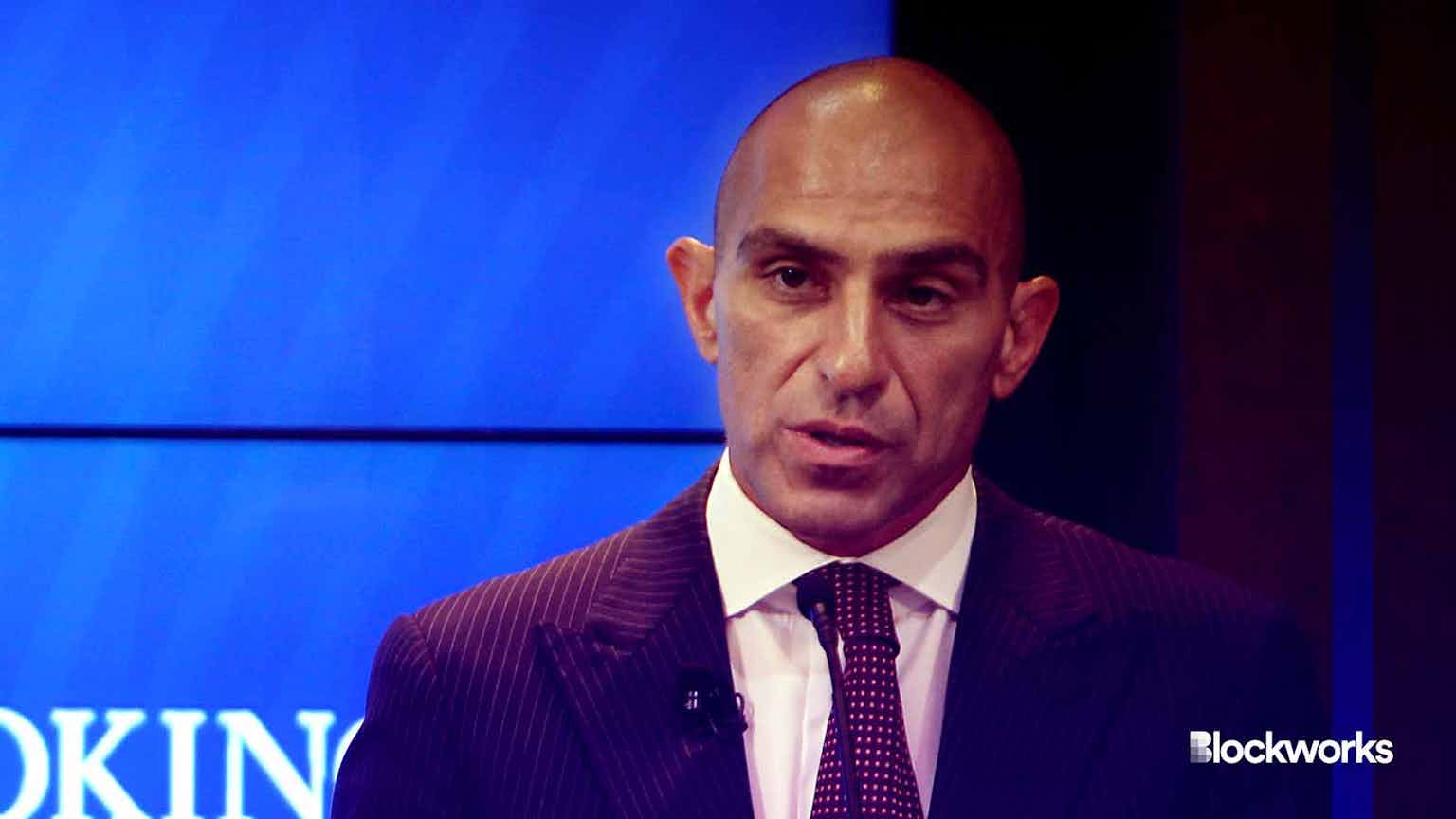Coin Center Sues Over Treasury’s Tornado Cash Sanctions
The Treasury exceeded its regulatory authority as Tornado Cash is a “privacy tool beyond the control of anyone,” Coin Center said

Bankless co-founder David Hoffman | Photo by Mike Lawrence for Blockworks
key takeaways
- Users that are “dusted” still face criminal liability and reporting obligations, suit alleges
- Outcome of lawsuit will be precedent-setting in whether the Treasury can continue sanctioning code
Non-profit blockchain advocacy group Coin Center has filed a lawsuit against the US Treasury over its Tornado Cash sanctions, saying the move effectively criminalizes American citizens wanting to protect their privacy while using their own cryptoassets.
Other parties in Coin Center’s Wednesday complaint are user Patrick O’Sullivan, New York-based investor David Hoffman and a Ukrainian supporter anonymously using the name “John Doe.”
Hoffman stated that after the Treasury’s sanctions, an unknown individual sent cryptoassets to his public address through Tornado Cash, consequently embroiling him in the situation.
“Ethereum users like Mr. Hoffman have no ability to reject incoming transfers. So the criminalization of Tornado Cash empowered someone else to implicate Mr. Hoffman and force reporting obligations on him by causing him to receive an asset from a sanctioned entity,” the filing said.
“And it has licensed anyone else who wishes to harass or inconvenience Mr. Hoffman to continue to send crypto assets through Tornado Cash to Mr. Hoffman’s publicly known addresses, each time triggering potential liability and reporting obligations.”
So far, there is no known example of the Treasury pursuing such a case.
Coin Center also states that the Treasury exceeded its regulatory authority because Tornado Cash is not a “person,” rather, it is a “privacy tool beyond the control of anyone.”
Coin Center’s lawsuit comes after its director of research said the OFAC’s authority is granted by Congress in the International Emergency Economic Powers Act (IEEPA). The act empowers OFAC to sanction “property in which some foreign country or national has an interest.” Tornado Cash, a software tool, doesn’t come under that remit, Coin Center argues.
Debate around how OFAC can place sanctions against a code has been a key discussion ever since. Crypto exchange Coinbase funded a similar lawsuit against the Treasury, claiming that its jurisdiction does not extend to software code and smart contracts. In that suit, six Tornado Cash users claimed the Treasury overstepped its authority in sanctioning the mixer.
Sanctions mark evidence of mounting geopolitical pressure
The US Treasury’s Office of Foreign Assets Control added Tornado Cash and 45 related Ethereum wallet addresses to its list of sanctioned entities in August, making it illegal for any US person to engage with the service in any manner.
Those sanctions led to crypto platforms banning accounts associated with the crypto mixing service. Moreover, it created the risk of user addresses being banned and put centrally managed funds in jeopardy.
Crypto mixers provide transaction anonymity by commingling funds, thereby obfuscating the source from which they came. Such services have come under increased scrutiny after concerns about sanctioned Russian entities using crypto to make it hard to trace the source and flow of funds.
The Treasury also alleges that North Korea-sponsored hacking collective Lazarus Group stole over $620 million in cryptocurrency from the Ronin Bridge protocol.
Experts say long-term implications of the sanctions will take time to play out.
Start your day with top crypto insights from David Canellis and Katherine Ross. Subscribe to the Empire newsletter.




